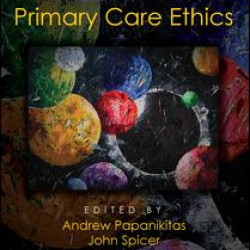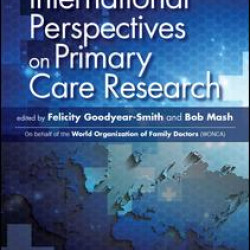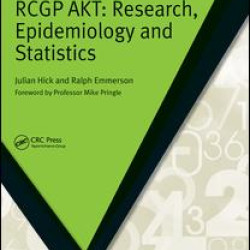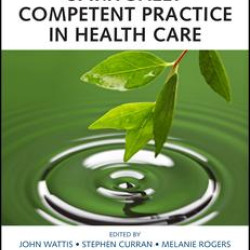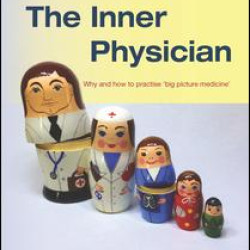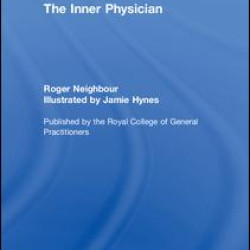Primary Health Care & Family Practice
Brand: Taylor & Francis
Model: Stock
This Handbook offers much-needed insights into the ethics of primary healthcare. Topics range from the issues arising in primary care interactions, to working with different sources of vulnerability among patients, from contexts connected with teaching and learning, to issues in relation to justice ..
₹3,010.30 ₹3,762.88
Brand: Taylor & Francis
Model: Stock
This book examines how the evidence base derived from primary care research can improve quality and safety of health care. It also shows how primary care research can strengthen health care services and delivery while increasing a person-centred focus. Featuring a section on cross-nation organisatio..
₹2,643.10 ₹3,303.88
Brand: Taylor & Francis
Model: Stock
Public health approaches to palliative care have been growing in policy importance and practice acceptance. This innovative volume explores the major concepts, practice examples, and practice guidelines for this new approach...
₹8,812.80 ₹11,016.00
Brand: Taylor & Francis
Model: Stock
Medical schools currently use specialist perspectives on psychiatric disorders to train physicians, nurses and health professionals. This results in a lack confidence among non-psychiatric health professionals, which reduces their ability to manage common mental health conditions in primary care and..
₹2,643.10 ₹3,303.88
Brand: Taylor & Francis
Model: Stock
This practical guide addresses the issues of spirituality in health care, emphasising the role of organisations in developing a culture of leadership and management that facilitates spiritual care. Spirituality is a central part of holistic care that addresses physical, mental, emotional and spiritu..
₹2,275.90 ₹2,844.88
Brand: Taylor & Francis
Model: 9780415301893
A practical guide for health professionals working in primary care who wish to improve their management of problem patients, problem families and problem situations...
₹2,569.66 ₹3,212.08
Brand: Taylor & Francis
Model: Stock
Nearly 30 years after the first edition was published, The Fifteen Minute Hour: Therapeutic Talk in Primary Care continues to support practitioners in solving and often preventing many psychological and behavioural problems, while enhancing the therapeutic relationship with their patients. The simpl..
₹1,614.95 ₹2,018.68
Brand: Taylor & Francis
Model: Stock
In this final volume of his best-selling 'Inner' trilogy, Roger Neighbour explores the relationship between a doctor's professional and private selves. He suggests the mind of every doctor retains an untrained 'ordinary human being' part - their Inner Physician - which makes an important, though oft..
₹2,202.46 ₹2,753.08
Brand: Taylor & Francis
Model: Stock
In this final volume of his best-selling 'Inner' trilogy, Roger Neighbour explores the relationship between a doctor's professional and private selves. He suggests the mind of every doctor retains an untrained 'ordinary human being' part - their Inner Physician - which makes an important, though oft..
₹7,270.56 ₹9,088.20


